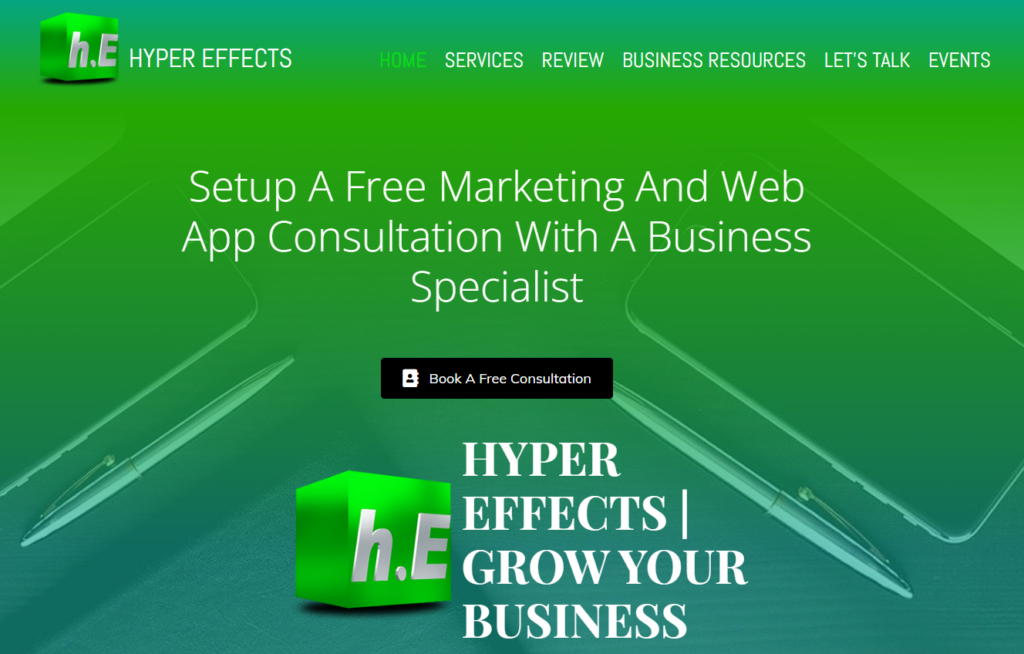The Power of Persuasion in Small Business Marketing
In the competitive world of small businesses, understanding and leveraging psychological tricks in marketing can be the game-changer that elevates a brand from obscurity to market leader. These techniques, rooted in human psychology, have a profound impact on consumer behavior, and when used ethically, they can significantly boost business success. This blog dives deep into these tactics, providing clear, real-life examples and actionable insights for small business owners.

The Principle of Reciprocity: Give and You Shall Receive
Reciprocity is a powerful force in human behavior. When someone does something for us, we naturally want to return the favor. In marketing, this can be as simple as offering a free sample, a complimentary consultation, or valuable content through blogs or newsletters. A classic example is Dropbox, which offers extra storage space for both the referrer and the referred, creating a win-win situation that encourages sharing.
Scarcity: The Lure of the Limited
Scarcity creates a sense of urgency. People tend to desire what is less available. Small businesses can use this by offering limited-time deals, exclusive products, or highlighting the limited availability of their services. A real-life example is the success of Starbucks’ Pumpkin Spice Latte, which is only available seasonally, creating a buzz every year.
Social Proof: The Power of the Crowd
Social Proof is the concept where people copy the actions of others in an attempt to undertake behavior in a given situation. Testimonials, customer reviews, and social media shares act as social proof. A classic example is how books that make it to the New York Times Bestseller list often see a spike in sales, simply because they’re perceived as popular and thus, desirable.
The Decoy Effect: Influencing Choices
The Decoy Effect is a fascinating principle where consumers will tend to make a specific choice if a ‘decoy’ option is presented alongside the original options. A famous example is the subscription model of The Economist, where the introduction of a decoy option led to more people choosing the more expensive subscription.
The Anchoring Effect: First Impressions Matter
Anchoring refers to the tendency to heavily rely on the first piece of information offered (the “anchor”) when making decisions. For small businesses, placing a higher-priced item next to a cheaper one can make the latter seem more appealing. Apple’s pricing strategy is a prime example, where the latest iPhone is presented alongside higher-priced models, making it seem more affordable.
The Bandwagon Effect: Jumping on the Trend
The Bandwagon Effect is a psychological phenomenon whereby people do something primarily because other people are doing it. Small businesses can leverage this by showcasing their popularity or endorsements from well-known figures. A notable example is how certain fashion brands become trendy as more celebrities are seen wearing them.
Understand This – Ethical Application for Success
Incorporating these psychological tricks into marketing strategies offers a powerful toolkit for small business success. However, it’s crucial to use them ethically and responsibly, focusing on creating genuine value for customers. By understanding the psychology behind consumer decisions, small businesses can craft compelling marketing strategies that resonate with their audience, leading to increased sales, customer loyalty, and brand strength.
These psychological tricks are not just theories but practical tools that, when applied thoughtfully, can yield astonishing results for small businesses. The key lies in understanding your audience, respecting their needs, and using these insights to create mutually beneficial relationships. Remember, the ultimate goal is to create a win-win situation where your business grows while genuinely benefiting your customers.

Harness the Power of Psychology in Marketing with HyperEffects.com
In the dynamic realm of small business marketing, understanding the psychological triggers that influence consumer behavior is crucial. This blog explored key tactics like reciprocity, scarcity, social proof, the decoy effect, anchoring, and the bandwagon effect. These strategies are not just theories; they are practical tools that, when applied judiciously, can dramatically elevate a small business’s market presence.

Reciprocity plays on the give-and-take nature of human interactions, while Scarcity creates a sense of urgency and desire. Social Proof leverages the influence of crowd behavior on individual decision-making, and the Decoy Effect subtly guides customer choices. Anchoring uses initial impressions to set perceptions of value, and the Bandwagon Effect taps into the desire to follow trends.
For small businesses, applying these principles can seem daunting. That’s where HyperEffects.com steps in, living up to its tagline, “Getting It Done.” With their expertise in tailoring marketing strategies to the unique needs of small businesses, a free consultation at HyperEffects.com can be a game-changer. Their team can help you understand and implement these psychological strategies effectively, ensuring your marketing efforts aren’t just shots in the dark, but well-calculated moves towards success.
Set up a free consultation with HyperEffects.com today and embark on a journey to not just reach, but resonate with your target audience, harnessing the full potential of psychological marketing for your business’s triumph.

